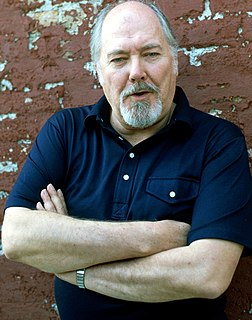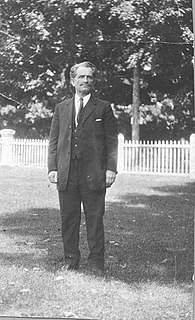A Quote by David Chalmers
Within psychology and neuroscience, some new and rigorous experimental paradigms for studying consciousness have helped it begin to overcome the stigma that has been attached to the topic for most of this century.
Related Quotes
Most 20th century academic physicists, and academia as a whole, simply did not want to touch the subject of consciousness. We have seen psychology grow up, and we've seen the development of neurophysiology and other much more sophisticated science, but only in the recent years have the tools of quantum mechanics been applied to anything representing human scale size.
I was scared that no one would hire me. At that time, there was still a stigma attached to it. A big stigma. Actually, I think I was healthier after the operation than some people who have bypass surgery because I was completely cured. But when you mentioned "heart transplant," you got a very negative reaction. It triggered people's imaginations, and not in a good way.
We are now returning to the 18th century empirical approach with the new interest in the evolutionary basis of ethics, with 'experimental' moral philosophy and moral psychology. As a result, we understand better why moral formulas are experienced as ineluctable commands, even if there is no commander and even if the notion of an inescapable obligation is just superstition. So moral philosophy has made huge progress.





































